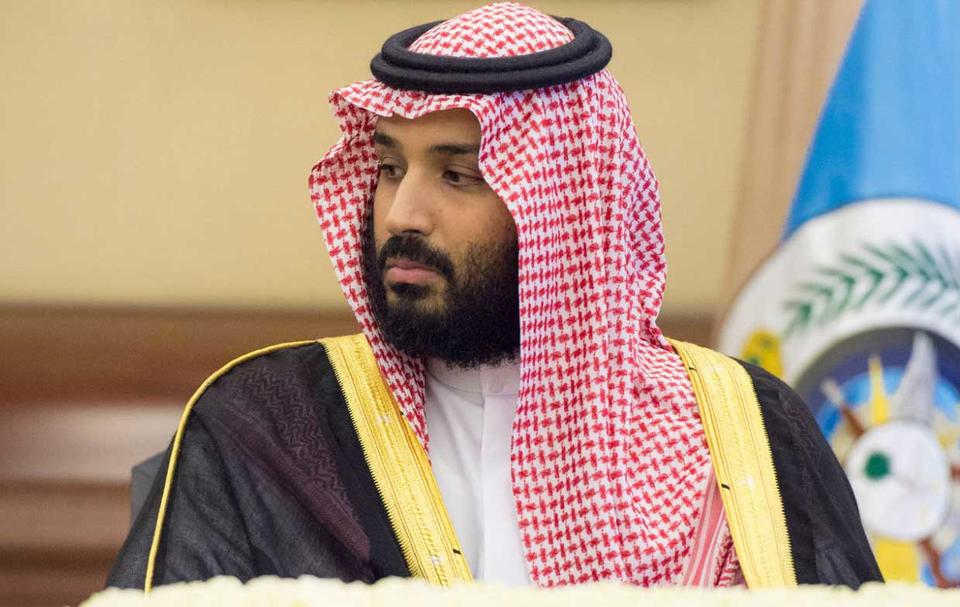Starting on 4 November 2017, Saudi Arabia’s Crown Prince Mohammed bin Salman (MBS) arrested over 200 high profile princes, officials, and businessmen in an anti-corruption purge and detained them at the Ritz-Carlton Hotel in Riyadh. After holding them for three months without trial or charge, MBS released over 100 detainees. However, in order to secure their release they had to pay a hefty settlement, sometimes totalling $1 billion. 56 Saudis remain in custody as a result of failing to reach such a settlement. Saudi Arabia is looking to gain over $106 billion from these settlements, some in the form of investments and property, as part of a broad effort to address a large budget deficit.
In attempt to balance their budget by 2023, in early January 2018, the Saudi government levied a five percent tax on a majority of goods, more than doubled gas prices, and decided to stop paying royal family members’ electricity and water bills. Protesting in response to the cut of their government payments, 11 princes were arrested. The statement following their arrest said, “No one is above the law in Saudi Arabia, everyone is equal and is treated the same as others.”
What they failed to mention is that some royal family members will be seeing an increase to their payments. Some are seeing increases as high as 50 percent, though Saudi government officials state this is untrue. In a US cable titled “Saudi Royal Wealth: Where do they get all that money?” it was stated that in the mid 1990s members of the royal family received anywhere from $800 to $270,000 a month, simply because they were fortunate enough to be born into the royal family.
Saudi citizens are not strangers to receiving government handouts. In 2011, shortly after protests ensued around the Middle East calling for reform, former King Abdullah approved government subsidies totaling about $37 billion to appease Saudi citizens. Unsurprisingly, the largest handouts were given to members of the royal family, who already receive large monthly stipends.
While it is unclear if the increases are permanent or how many people received an increase, it raises questions about how dedicated the Saudi government is to lessening wasteful spending. This question looms large, as the government has chosen to increase the high monthly stipends of members of the royal family rather than eliminate them to balance the budget.
It also begs the question if MBS really sees all Saudis as equal. Are they only equal when it comes to breaking the law? Though government employees and soldiers will see an annual raise in an attempt to lessen the burden of the austerity measures, they still only make a small fraction of what most royal family members receive a month.
Saudi Arabia is focusing on lessening its dependency on oil through Vision 2030 which is aimed at transforming and stabilizing an economy dependant on fossil fuels. Currently, their budget deficit is sitting at about 7.3 percent GDP and unemployment is at 11.3 percent, meaning balancing their budget by 2023 is not looking promising. Rather than increasing stipends for royal family members, the funds should be put toward achieving their Vision 2030 goals, balancing the budget, increasing social programs, and supporting Saudi citizens.
McKenna Holman is an Advocacy Intern at ADHRB





